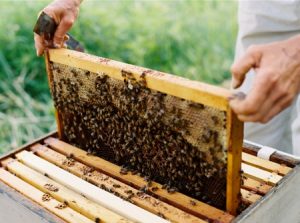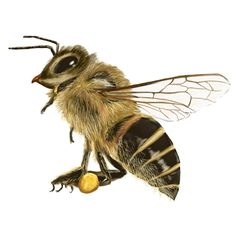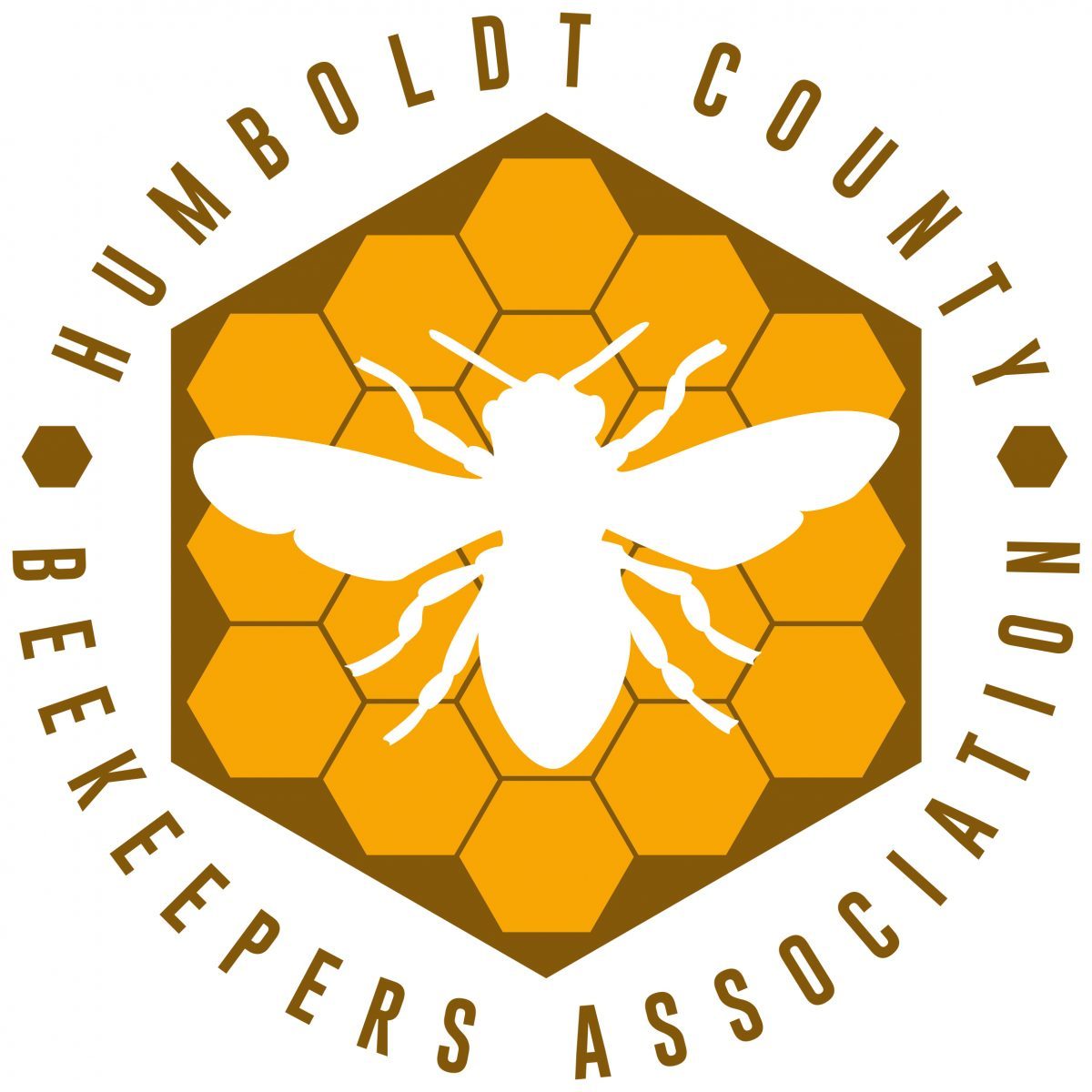
The BeeMD is a diagnostic tool to help beekeepers identify honey bee health issues. The BeeMD will be used in multiple modalities including computers and handheld devices such as tablets and smart phones. The information on The BeeMD will be continually evolving and updated as science and technology add new information to the ability to diagnose and understand hive health.
The BeeMD welcomes comments and photographs to expand the effectiveness of this free service.

The Honey Bee Health Coalition
The Mission – Our mission is to collaboratively implement solutions that will help to achieve a healthy population of honey bees while also supporting healthy populations of native and managed pollinators in the context of productive agricultural systems and thriving ecosystems.
Collaboration in action – We’ve formed the Honey Bee Health Coalition to bring together beekeepers, growers, researchers, government agencies, agribusinesses, conservation groups, manufacturers, and consumer brands to improve the health of honey bees in general and specifically around production agriculture. We’re taking collaborative action to improve honey bee health by addressing multiple factors influencing bee health, including hive pests and disease, forage and nutrition, and exposure to crop pesticides.

Who We Are – The Bee Informed Partnership is a national collaboration of leading research labs and universities in agricultural science to better understand honey bee declines in the United States. Supported initially by the United States Department of Agriculture and the National Institute of Food and Agriculture, we became a 501(c)(3) nonprofit in 2014 to continue working with beekeepers to better understand how we can manage healthier bees.
The key to our success is the true partnership we maintain among a wide range of disciplines including traditional honey bee science, economics, statistics, and medical research. This gives us a unique multidisciplinary perspective on the issues we study. And just as important as the tools are the people. We not only have leading honey bee researchers, but our board represents commercial beekeeping industries and our technical transfer team specialists, lab and IT teams are some of the most experienced in this field.

California Master Beekeepers Program (CAMBP)
Did you know that Humboldt County has a CAMBP Hub? Instead of working down on the UC Davis campus, you can work directly with our Humboldt Master Beekeepers. Contact us for more information.
The California Master Beekeeper Program is a continuous train-the-trainer effort. The CAMBP’s vision is to train 2500 Apprentice beekeepers over the next 5 years so they can effectively communicate the importance of honey bees and other pollinators within their communities, serve as mentors for other beekeepers, and become the informational conduit between the beekeeping communities throughout the state and UCCE staff.
Participants have the opportunity to receive an outstanding California-centric science-based education, and are current on the latest studies on honey bees and beekeeping, which are constantly evolving. Researched-based apiculture training helps to minimize potentially disastrous consequences, such as increased pest and pathogen transfer, or the spread of overly defense honey bees, which are considered a public-health risk. Our mission is to use science-based information to educate stewards and ambassadors for honey bees and beekeeping.

